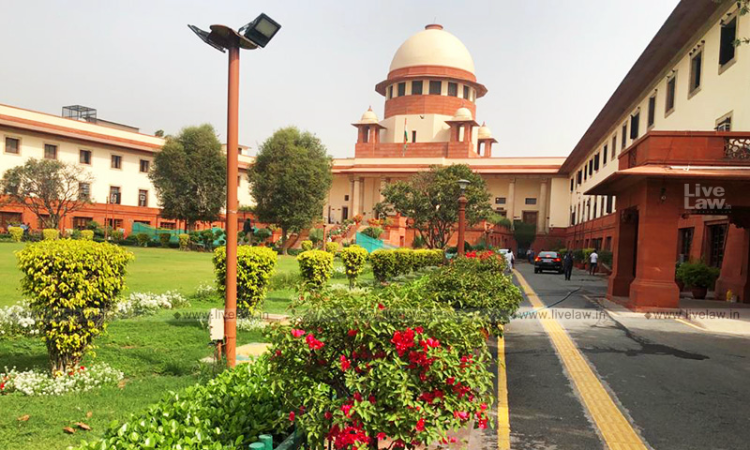Commercial Courts Act Does Not Exclude Application Of Section 5 Limitation Act : Supreme Court
LIVELAW NEWS NETWORK
20 March 2021 10:23 AM IST

Next Story
20 March 2021 10:23 AM IST
The Supreme Court held that the application of section 5 of the Limitation Act is not excluded by the scheme of Commercial Courts Act.This means that delay for filing appeals under Section 13 of the Commercial Courts Act can be condoned by showing sufficient cause as per Section 5 of the Limitation Act.The bench headed by Justice RF Nariman observed thus while overruling the decision in M/s...
